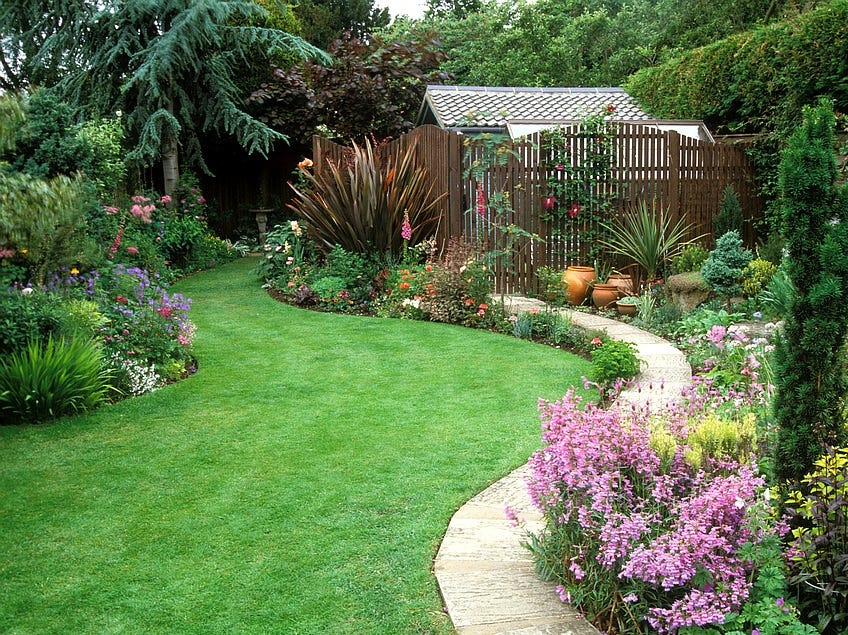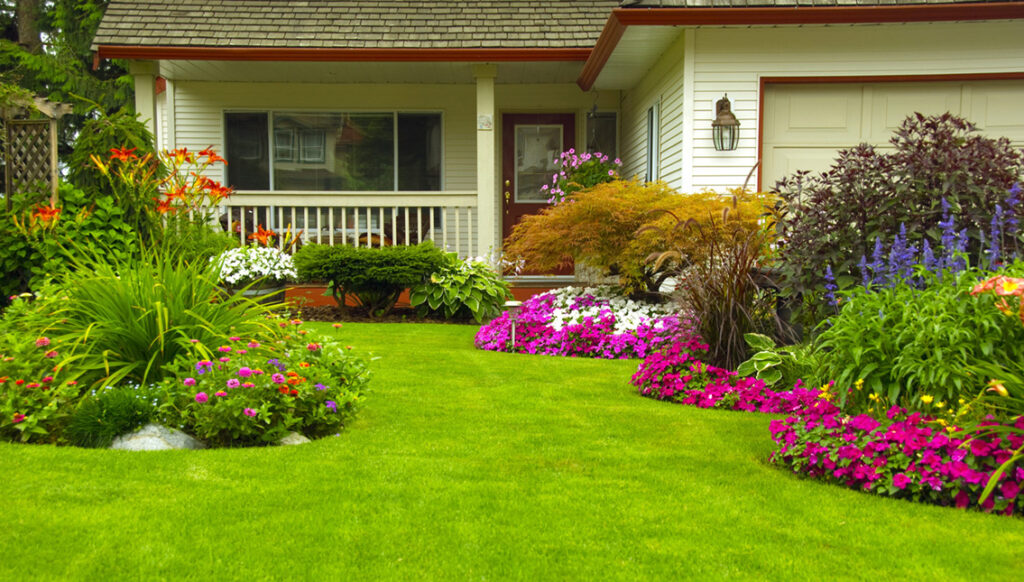The Complete Guide to Weed Control in Leander, TX (Without Chemicals!)
Weeds are the bane of every homeowner’s lawn, especially in Leander, TX, where the warm weather and growing season can make it easy for unwanted plants to take over your yard. While chemical herbicides are often used to control weeds, many homeowners are seeking more eco-friendly, chemical-free options. The good news is that it’s possible to maintain a weed-free lawn without the use of harsh chemicals, and in this guide, we’ll share the best methods for effective weed control in Leander, TX.


The first step in preventing weeds is to create an environment where weeds struggle to grow. A healthy lawn is the best defense against weeds, as thick grass can crowd out unwanted plants.
Tips for maintaining a healthy lawn:
- Mow at the right height: Avoid mowing your grass too short. By keeping grass at the optimal height (around 2.5 to 3 inches for most warm-season grasses), your lawn will naturally shade the soil, preventing weeds from sprouting.
- Water deeply and infrequently: Watering deeply encourages grass roots to grow deep, making your lawn more drought-resistant and more competitive against weeds. Watering too frequently can weaken your grass and encourage weed growth.
- Fertilize appropriately: Providing your lawn with the right nutrients ensures your grass is healthy and strong. Use organic fertilizers to feed the soil, promoting lush grass growth that can outcompete weeds.
Mulch is a powerful tool in the fight against weeds. By laying down a thick layer of mulch around garden beds, trees, and shrubs, you can block sunlight from reaching weed seeds and prevent them from germinating. Mulch also helps retain moisture and adds nutrients to the soil as it decomposes.
How to mulch effectively:
- Choose the right mulch: Organic mulches like wood chips, straw, or compost work best. They not only prevent weeds but also improve soil quality over time.
- Apply a thick layer: Aim for a 2-3 inch layer of mulch to effectively block sunlight and suppress weed growth. Be sure to leave a gap around plant stems to prevent rot.
- Replenish regularly: Organic mulch breaks down over time, so make sure to refresh it every season to maintain its weed-fighting power.
Pulling weeds by hand may seem like a chore, but it remains one of the most effective chemical-free methods for controlling weeds, especially in small areas or where the weed population is low.
Tips for successful manual weeding:
- Weed when the soil is moist: It’s easier to pull weeds when the soil is soft, so aim to weed after rainfall or watering.
- Use the right tools: A weeding tool, such as a hand fork or a weeding knife, can help you remove weeds from the root, preventing regrowth.
- Get to the roots: Make sure to remove the entire weed, including the roots. If left behind, even a small part of the root can lead to new growth.
If you’re dealing with persistent weeds, vinegar is an effective natural alternative to chemical herbicides. Its high acidity makes it an excellent weed killer, especially for broadleaf weeds like dandelions and clover.
How to use vinegar for weed control:
- Choose the right vinegar: For best results, use horticultural vinegar, which has a higher acetic acid content than regular kitchen vinegar.
- Apply directly: Spray vinegar directly onto the leaves of weeds on a dry, sunny day. Avoid spraying it on desirable plants, as vinegar can harm them too.
- Repeat as needed: Vinegar may not kill the roots, so you may need to reapply several times for stubborn weeds.
Corn gluten meal is a byproduct of corn milling that can act as a natural pre-emergent herbicide. It prevents weed seeds from germinating, making it an excellent choice for controlling weeds before they even sprout.
How to use corn gluten meal:
- Apply in early spring: To prevent weeds like crabgrass, apply corn gluten meal in early spring, before weeds begin to germinate.
- Spread evenly: Use a broadcast spreader to evenly distribute corn gluten meal over your lawn. Follow the recommended application rate to avoid overuse.
- Be mindful of seeding: Corn gluten meal prevents all seeds from germinating, so don’t use it if you plan to overseed your lawn.
Solarization is a highly effective method for killing weeds, especially in garden beds or small areas. It involves using clear plastic to trap heat and “cook” weeds and seeds, effectively sterilizing the soil.
How to solarize your lawn or garden:
- Prepare the soil: Water the area thoroughly to ensure the soil is moist.
- Cover with clear plastic: Lay clear plastic sheeting over the area, securing the edges to prevent it from blowing away.
- Let the sun do the work: Leave the plastic in place for 4-6 weeks during the hottest months (usually late spring or early summer). The trapped heat will kill weeds, seeds, and even some soil-borne pathogens.
Conclusion
Weed control in Leander, TX, doesn’t have to involve harsh chemicals. By adopting organic and eco-friendly methods like proper lawn care, mulching, manual weeding, and using natural herbicides like vinegar and corn gluten meal, you can effectively keep your lawn and garden free of weeds. Not only will you be promoting a healthier, chemical-free environment, but you’ll also be taking the right steps to maintain a lush, thriving lawn.


